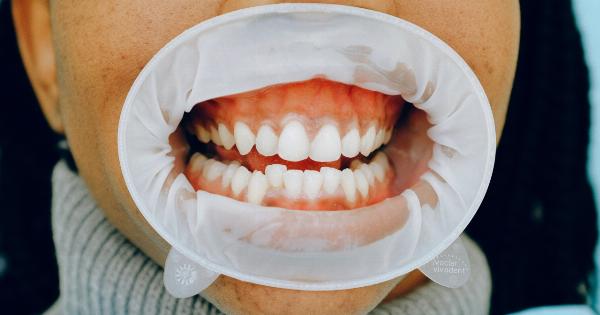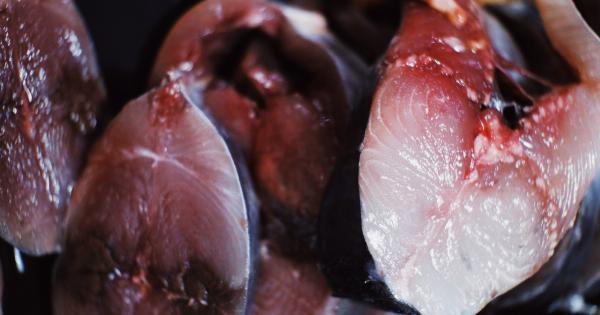Have you ever experienced an unpleasant metallic taste in your mouth that just won’t go away? This strange sensation can be quite bothersome and may even affect your enjoyment of food and drink.
While a metallic taste in the mouth may not always be a cause for concern, it is important to understand its potential causes and when to seek medical advice. In this article, we will explore eight possible reasons behind that metallic taste and what you can do about it.
1. Medications
Certain medications can leave a metallic taste in your mouth as a side effect. This may include antibiotics, antihistamines, antipsychotics, and even some cardiovascular medications.
If you have recently started a new medication and noticed a metallic taste, consult your healthcare provider to discuss potential alternatives or adjustments to your dosage.
2. Dental Problems
Issues with your oral health, such as gum disease, tooth decay, or poor oral hygiene, can lead to a metallic taste in the mouth. These problems may cause inflammation or infections, which can alter your taste sensations.
Regular dental check-ups, proper brushing and flossing techniques, and maintaining good oral hygiene can help prevent or address these issues.
3. Dry Mouth
Dry mouth, also known as xerostomia, can leave a persistent metallic taste. Saliva serves many purposes, including protecting the oral tissues and maintaining oral pH balance.
When your mouth lacks sufficient saliva, it can result in altered taste perceptions. Stay hydrated, avoid substances that can contribute to dry mouth (like alcohol and tobacco), and consider using sugar-free lozenges or chewing gum to stimulate saliva production.
4. Nutritional Imbalances
A deficiency in certain vitamins and minerals, such as zinc, copper, or vitamin B12, can cause a metallic taste in the mouth. Your body relies on these nutrients for proper functioning, including maintaining a normal sense of taste.
If you suspect a deficiency, consult your healthcare provider who can recommend proper testing and appropriate supplementation if necessary.
5. Sinus Infections
When you have a sinus infection or congestion, the buildup of mucus can lead to a metallic taste in your mouth. The sinuses and the mouth share a connection through the nasal cavity, which can affect taste sensations.
Treating the underlying sinus condition can help alleviate the unpleasant taste.
6. Acid Reflux
Acid reflux or gastroesophageal reflux disease (GERD) occurs when stomach acid flows back up into the esophagus. Aside from causing heartburn and other digestive symptoms, it can also lead to a metallic taste in the mouth.
Managing acid reflux through dietary and lifestyle changes, as well as medications, can help reduce this taste sensation.
7. Pregnancy
During pregnancy, hormonal changes may lead to dysgeusia, a condition characterized by changes in taste perception. Some pregnant individuals report experiencing a metallic taste in their mouth, particularly in the early stages of pregnancy.
This taste disturbance often resolves on its own as the pregnancy progresses.
8. Neurological Conditions
In some cases, a persistent metallic taste may be a symptom of underlying neurological conditions such as multiple sclerosis or certain types of seizures.
If you experience other symptoms alongside the metallic taste, such as numbness, tingling, or coordination problems, consult a healthcare professional for further evaluation and diagnosis.
While the occasional metallic taste in the mouth is usually harmless and transient, if the sensation persists or is accompanied by concerning symptoms, it is important to seek medical attention.
Identifying and addressing the underlying cause is essential for finding relief. As always, consult with a healthcare provider for personalized advice based on your specific situation.

























